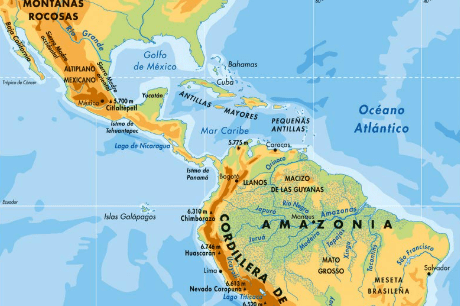Brazil registered a 45% drop in its arrivals of Foreign Direct Investment (FDI) from January to October 2020; while these flows in the case of Mexico had a decrease of 6% from January to September of the current year, at the interannual rate.
The results were released by the Economic Commission for Latin America and the Caribbean (ECLAC) this Wednesday.
Brazil was the sixth largest destination in the world for Foreign Direct Investment in 2019, with inflows of $ 72 billion, according to UNCTAD.
The Brazilian government actively encourages FDI, particularly in the automotive, renewable energy, life sciences, oil and gas, and transportation infrastructure sectors, to introduce further innovation to the Brazilian economy and generate growth economic.
The US State Department emphasizes that the investment incentives of the Brazilian government include tax exemptions and low-cost financing without distinction between national and foreign investors.
Foreign Direct Investment is restricted in the health, media, telecommunications, aerospace, rural property, maritime, insurance and air transport sectors.
Likewise, the Brazilian Trade and Investment Promotion Agency (APEX) plays a leading role in attracting FDI to Brazil, working to identify business opportunities, promoting strategic events and providing support to foreign investors who wish to allocate resources to Brazil.
APEX is not a one-stop shop for foreign investors, but the agency can assist in all steps of the investor decision-making process to include identification and contact with potential industry segments, market and sector analysis, and guidance general information on legal and tax matters.
Foreign direct investment
Mexico remained in position 14 among the largest recipients of FDI in the world in 2019, with 33,000 million dollars.
The Mexican economy is open to Foreign Direct Investment in the vast majority of economic sectors and has always been one of the largest recipients of FDI in emerging markets.

Mexico’s proximity to the United States and preferential access to the United States market, macroeconomic stability, a large domestic market, a growing consumer base, and an increasingly skilled but cheap labor force combine to attract foreign investors.
Still, recent regulatory changes have raised questions about the investment climate, particularly in the energy sector.
![]()

